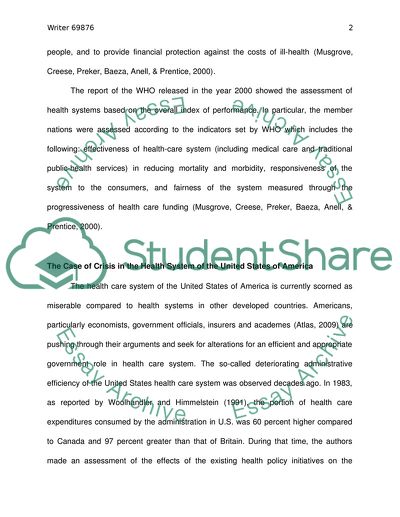Cite this document
(“The Inefficiencies and Possible Suggestions for Reform United States Research Paper - 1”, n.d.)
The Inefficiencies and Possible Suggestions for Reform United States Research Paper - 1. Retrieved from https://studentshare.org/politics/1747938-problems-in-the-us-health-care-system-and-how-we-might-use-another-nations-health-care-system-for-reform
The Inefficiencies and Possible Suggestions for Reform United States Research Paper - 1. Retrieved from https://studentshare.org/politics/1747938-problems-in-the-us-health-care-system-and-how-we-might-use-another-nations-health-care-system-for-reform
(The Inefficiencies and Possible Suggestions for Reform United States Research Paper - 1)
The Inefficiencies and Possible Suggestions for Reform United States Research Paper - 1. https://studentshare.org/politics/1747938-problems-in-the-us-health-care-system-and-how-we-might-use-another-nations-health-care-system-for-reform.
The Inefficiencies and Possible Suggestions for Reform United States Research Paper - 1. https://studentshare.org/politics/1747938-problems-in-the-us-health-care-system-and-how-we-might-use-another-nations-health-care-system-for-reform.
“The Inefficiencies and Possible Suggestions for Reform United States Research Paper - 1”, n.d. https://studentshare.org/politics/1747938-problems-in-the-us-health-care-system-and-how-we-might-use-another-nations-health-care-system-for-reform.


